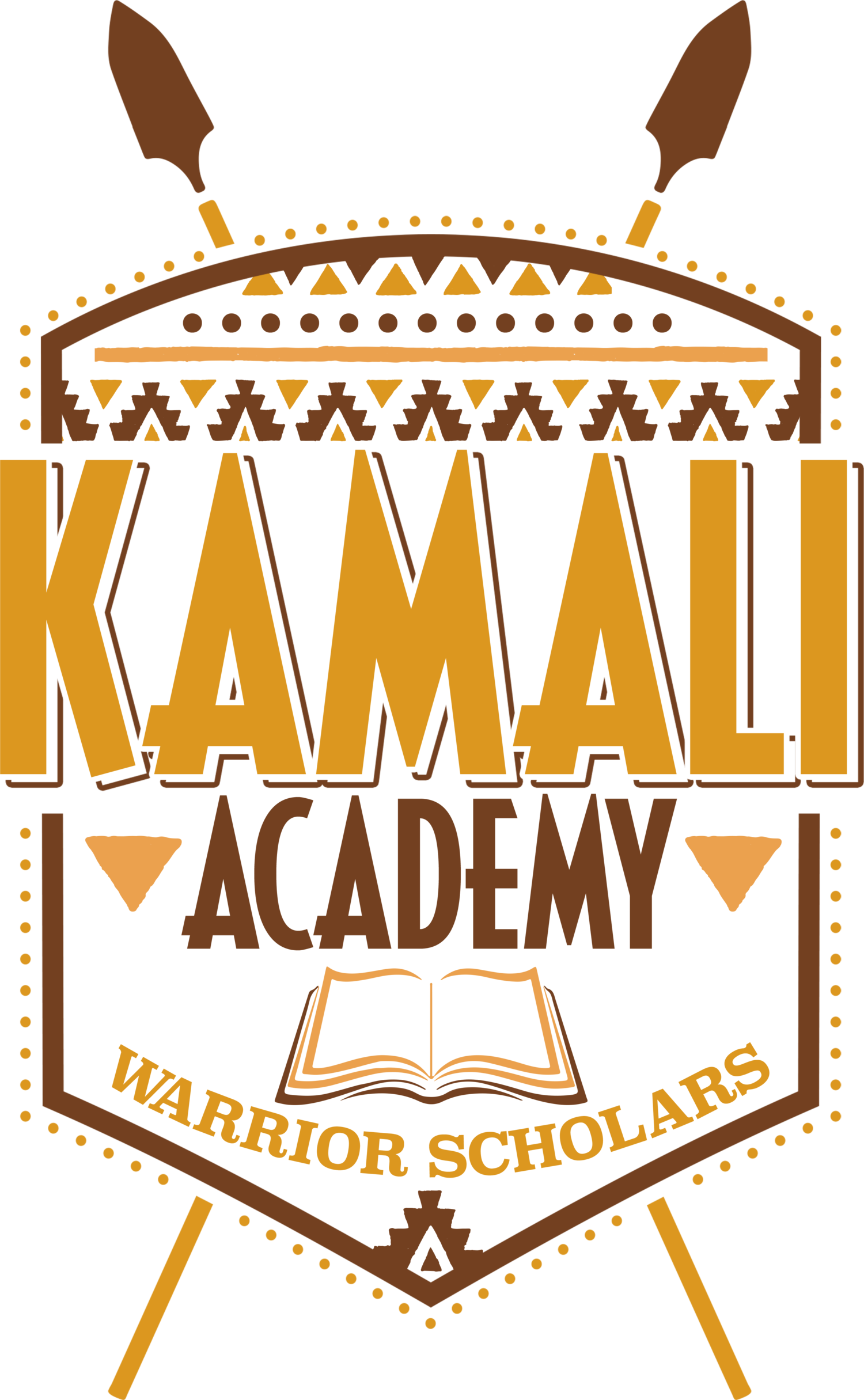Free to Learn: How African Centered Education Embraces Child-Led Learning
A few years ago, I was really into reading educational books (still am). I am on a mission to find anything that could be helpful for Kamali Academy and its goal of providing an African centered education. One of the books I read, was Free to Learn.
In Free to Learn, Peter Gray argues that traditional schooling systems, which often prioritize standardized testing and obedience to authority, stifle children's natural desire to learn and inhibit their cognitive, social, and emotional development. Instead, Gray advocates for a more self-directed approach to education that allows children the freedom to explore their interests and learn at their own pace.
Gray's ideas align with the principles of African centered education, which prioritize the cultural, social, and historical experiences of African students and aim to empower them to take control of their own learning. African centered education also values community involvement and collaboration, recognizing the importance of family and cultural relationships in education.
One key aspect of African centered education is the emphasis on experiential learning, in which students learn by actively engaging with their environment and participating in hands-on activities. This approach is similar to Gray's concept of play-based learning, in which children learn through play and exploration rather than through traditional lectures and assignments.
Another important aspect of African centered education is the focus on the holistic development of the student. This includes not only cognitive development, but also emotional and social development, as well as physical and spiritual well-being. This holistic approach aligns with Gray's belief that traditional schooling systems often neglect the importance of children's emotional and social development.
Overall, Free to Learn and African centered education share a belief in the importance of allowing children to have autonomy in their learning and valuing their unique experiences and backgrounds. Both approaches recognize that education should be about fostering a love of learning and empowering students to take control of their own education, rather than simply preparing them for standardized tests and obedience to authority.
Be sure to check out the book when get a chance.
Revolutionary Love,
Baba Samori Camara
